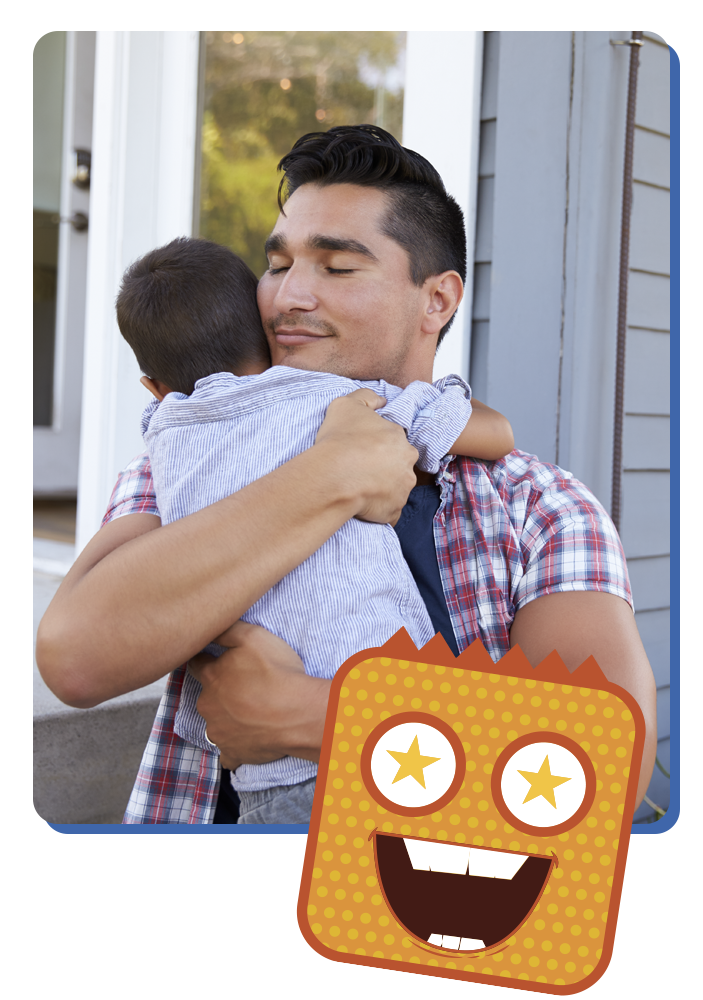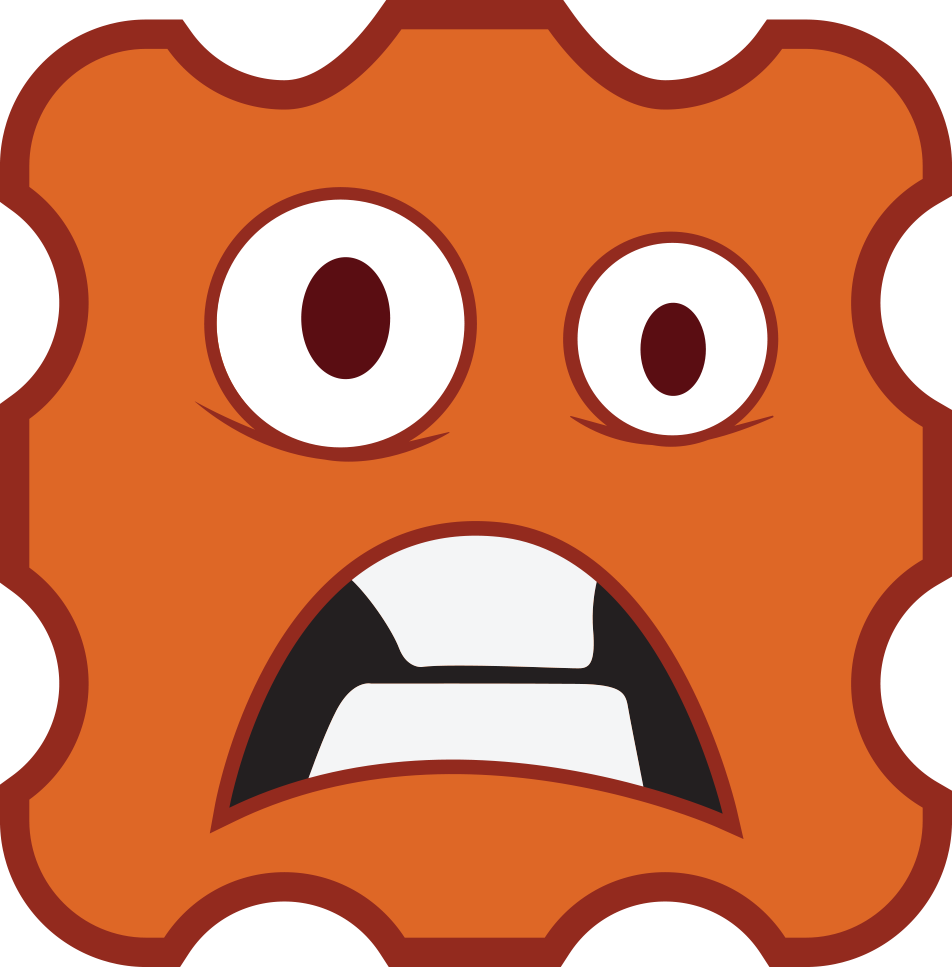
The outbreak of COVID-19 is likely to be stressful for most families. Fear and anxiety about a disease or illness can be quite overwhelming and can trigger strong emotions in both children and adults. While individuals react differently to stress, typical responses during an infectious disease outbreak can include worry about the health and wellbeing of loved ones, changes in sleep or eating patterns, and the worsening of already existing medical and mental health conditions. Below are several resources to help children, parents and professionals cope with and respond to the effects of COVID-19.
A children’s activity book developed by the FSU Center for Child Stress & Health that explains COVID-19, helps children identify and express emotions associated with the outbreak and gives simple recommendations to help children cope.
The Stress-Less Board is an activity sheet that was developed by the FSU Center for Child Stress & Health to help children and youth learn how to manage stress. This resource also includes a board game to help players relax and have fun when feeling overwhelmed.
Recommendations from KidsHealth about what kids can do to help stop coronavirus and to cope with stay-at-home time.
Games, activities and videos for young children to learn about how to stay safe, manage emotions and learn at home during the outbreak.
A resource from the National Child Traumatic Stress Network that offers activity ideas to parents and caregivers whose families are sheltering in place, social distancing, and homeschooling due to school closures amidst the COVID-19 outbreak.
Visit: English
A parent tipsheet from The Center for Pediatric Traumatic Stress with examples of things parents can do and say to help their child cope.
This fact sheet from the National Child Traumatic Stress Network offers ways to support children and talk to them about COVID-19.
Download: English
Advice from the National Child Traumatic Stress Network for parents and caregivers about infectious disease outbreaks. This resource will help parents and caregivers think about how an infectious disease outbreak might affect their family— both physically and emotionally—and what they can do to help their family cope.
Download: English
This is a brief video developed by the FSU Center for Child Stress & Health to provide parents with ideas of things they can do and say to help their child cope with COVID-19.
A resource from the National Child Traumatic Stress Network that provides a list of ideas for self-care strategies to use after a difficult event. This checklist outlines the three basics aspects of self-care including awareness, balance, and connection.
Download: English
A handout from the FSU Center for Child Stress & Health with simple steps to help manage difficult emotions during stressful times.
Flyers, brochures, and social media images about COVID-19 safety tips.
Download: Media Campaign



Toxic stress can cause damage to the body over time. When untreated, it can lead to depression, anxiety, heart disease and other chronic health problems.